Mating is a natural behavior in dogs, and if you are a dog owner or breeder, it is important to understand what to do after dogs mate. This article will guide you through the necessary steps to ensure the health and well-being of the dogs involved and provide helpful information on post-mating care.
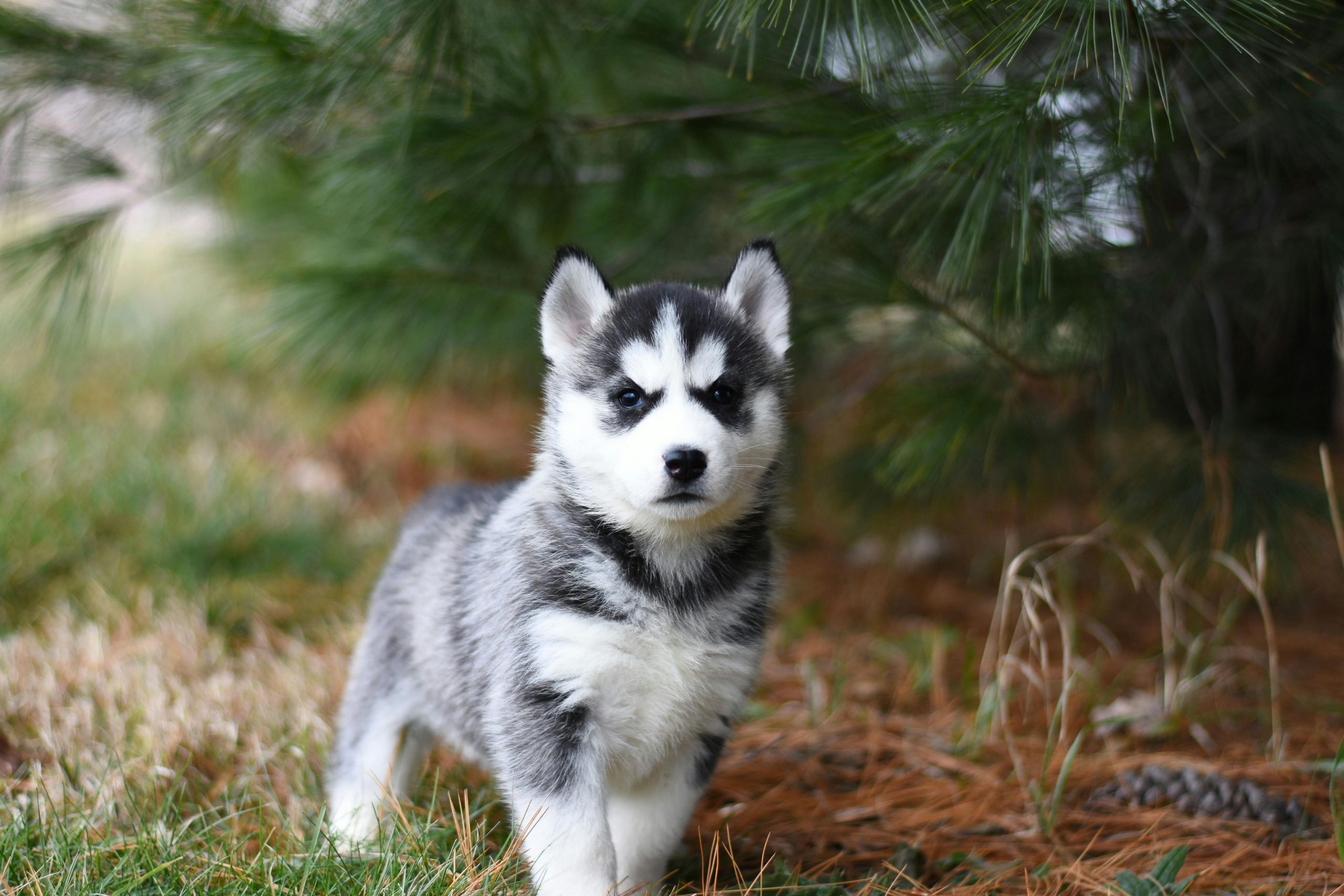
1. Allow the Dogs to Rest
After dogs mate, it is important to provide them with a calm and quiet environment to rest. Here are some key points to consider:
- Mating Process: The mating process can be physically and emotionally demanding for both dogs. Allowing them to rest helps them recover from the exertion and reduces stress.
- Separation: After mating, it is generally recommended to separate the male and female dogs to prevent any further mating attempts and to ensure the female’s safety.
- Comfortable Space: Provide a clean and comfortable space for the dogs to rest. Make sure they have access to fresh water and a cozy bed or crate where they can relax.
- Observation: While the dogs are resting, it is important to observe their behavior and monitor their health. Look for any signs of distress, discomfort, or abnormal behavior.
- Post-Mating Behavior: It is common for male dogs to exhibit a phenomenon known as “tying” after mating, where their genitalia remain locked with the female for a period of time. This is a normal part of the mating process and should not be interrupted.
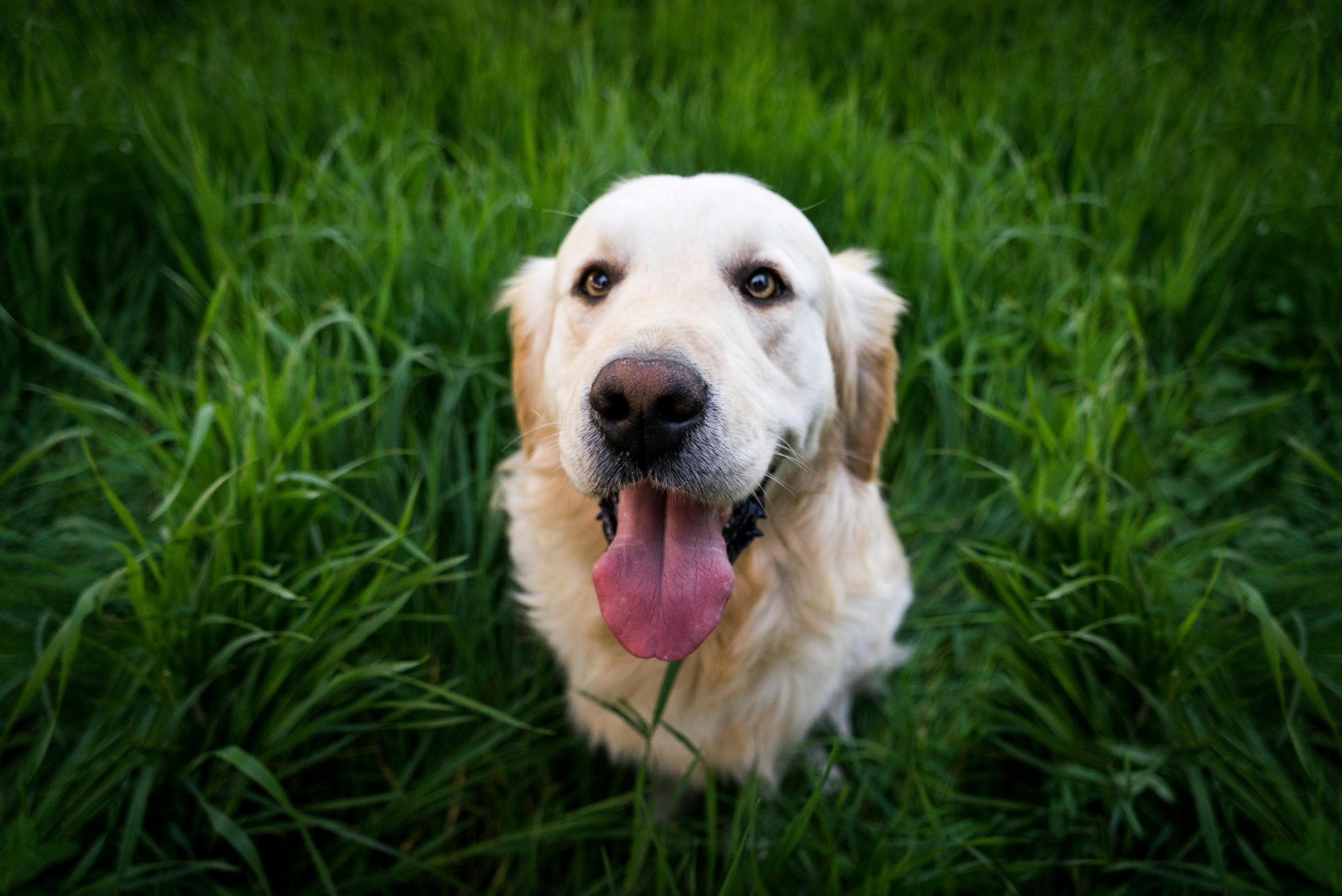
2. Consider Pregnancy Possibilities
If you are breeding dogs and want to determine the possibility of pregnancy, there are several important points to consider:
- Reproductive Cycle: Female dogs have a reproductive cycle that includes a heat period during which they are fertile. If the female is in heat and mating has occurred, there is a possibility of pregnancy.
- Behavioral Changes: Observe the female dog for any behavioral changes that might indicate pregnancy. These can include reduced appetite, nesting behavior, and changes in activity level.
- Veterinary Consultation: If you want to confirm pregnancy, it is advisable to consult with a veterinarian. They can perform tests such as ultrasound or hormone analysis to determine if the female is pregnant.
- Pregnancy Care: If the female is confirmed pregnant, it is important to provide appropriate care, including proper nutrition, regular veterinary check-ups, and a comfortable whelping area for the upcoming birth.
- Alternative Scenarios: It is also possible that the mating did not result in pregnancy. Dogs, like humans, can experience unsuccessful mating or infertility. If you are unsure, consult with a veterinarian to rule out any reproductive issues.
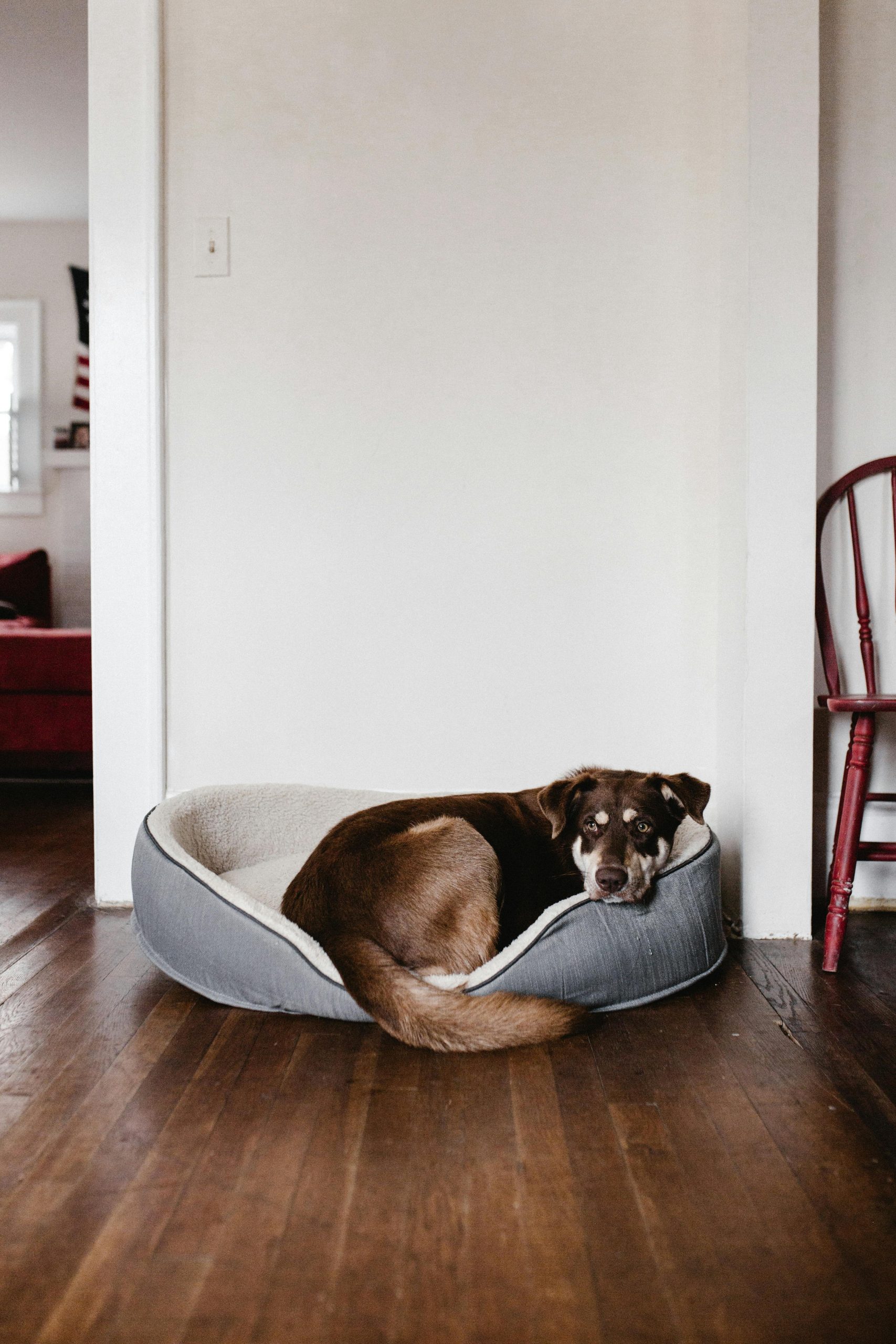
3. Post-Mating Health Considerations
After dogs mate, it is crucial to pay attention to their health and well-being. Here are some important points to consider:
- Infections and Diseases: Mating can increase the risk of transmitting infections or diseases, especially if one or both dogs are not up to date on vaccinations or have not been tested for sexually transmitted diseases. It is important to consult with a veterinarian and ensure that both dogs are healthy and protected.
- Veterinary Check-Up: Schedule a veterinary check-up for both dogs after mating. The veterinarian can conduct a thorough examination, check for any signs of infection or injury, and provide appropriate vaccinations or treatments if needed.
- Parasite Prevention: Ensure that both dogs are up to date on parasite prevention, including flea, tick, and heartworm control. Mating can increase the risk of parasite transmission between dogs.
- Proper Nutrition: Provide a balanced and nutritious diet for both dogs, especially the female if she is pregnant. Consult with a veterinarian to determine the appropriate diet and feeding schedule.
- Stress Management: Mating can be a stressful experience for dogs. Help them manage stress by providing a calm and safe environment, regular exercise, andmental stimulation. Avoid exposing them to additional stressors during the post-mating period.
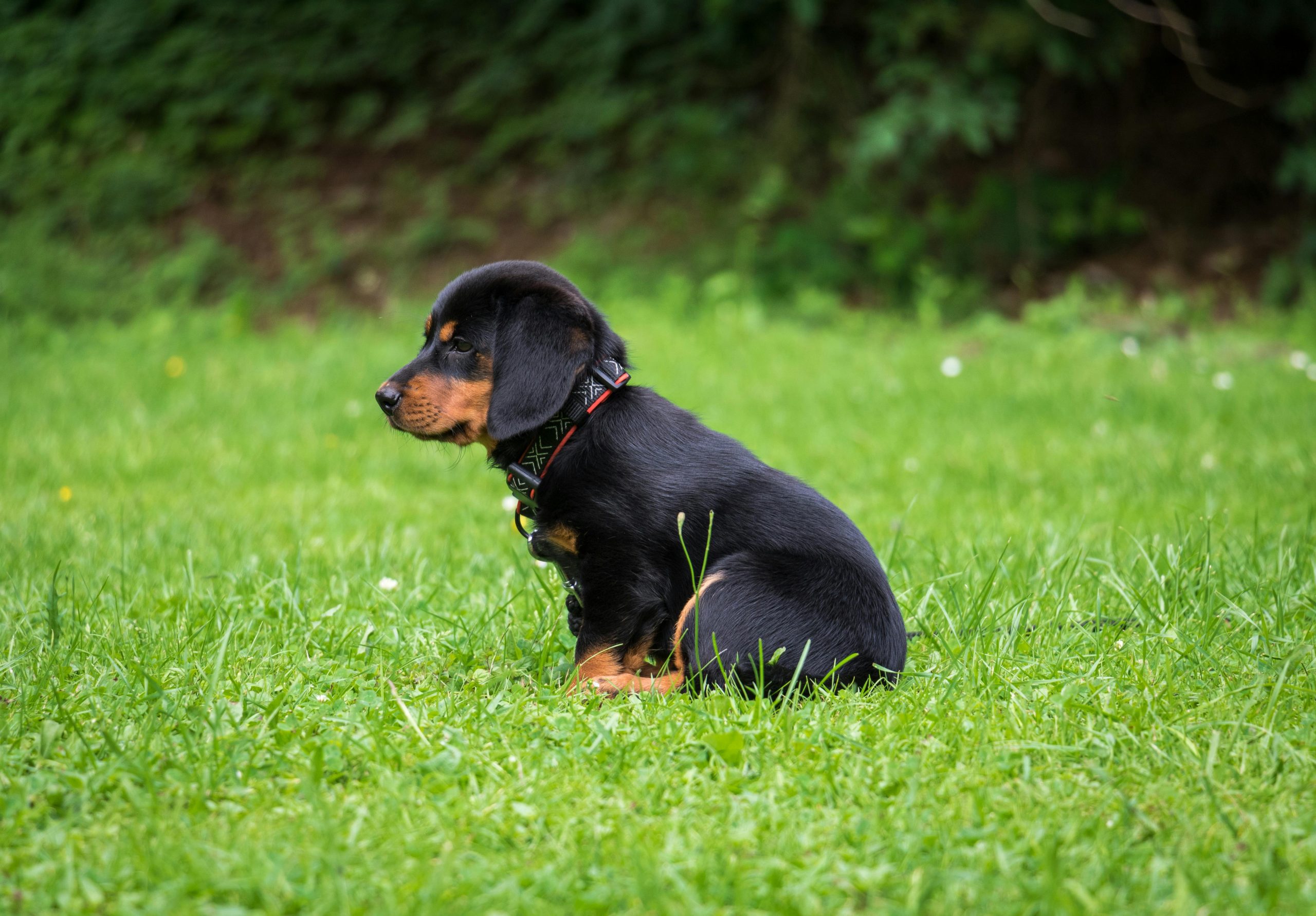
4. Responsible Breeding Practices
If you are intentionally breeding dogs, it is crucial to follow responsible breeding practices. Here are some key points to consider:
- Pedigree and Health Checks: Before breeding, ensure that both dogs have undergone thorough health checks and have a good pedigree. This helps reduce the risk of passing on genetic diseases or other health issues to the offspring.
- Knowledge and Experience: Breeding dogs requires knowledge and experience. Educate yourself about the breed, reproductive cycles, and the responsibilities involved in breeding. Consider working with a mentor or experienced breeder if you are new to breeding.
- Genetic Diversity: Aim for genetic diversity when selecting breeding pairs. Inbreeding or breeding closely related dogs can increase the risk of inherited health problems.
- Legal Considerations: Familiarize yourself with the local laws and regulations regarding breeding. Some jurisdictions have specific requirements or restrictions on breeding dogs.
- Placement of Puppies: Plan ahead for the placement of puppies. Ensure that potential owners are responsible and committed to providing proper care for the puppies throughout their lives.
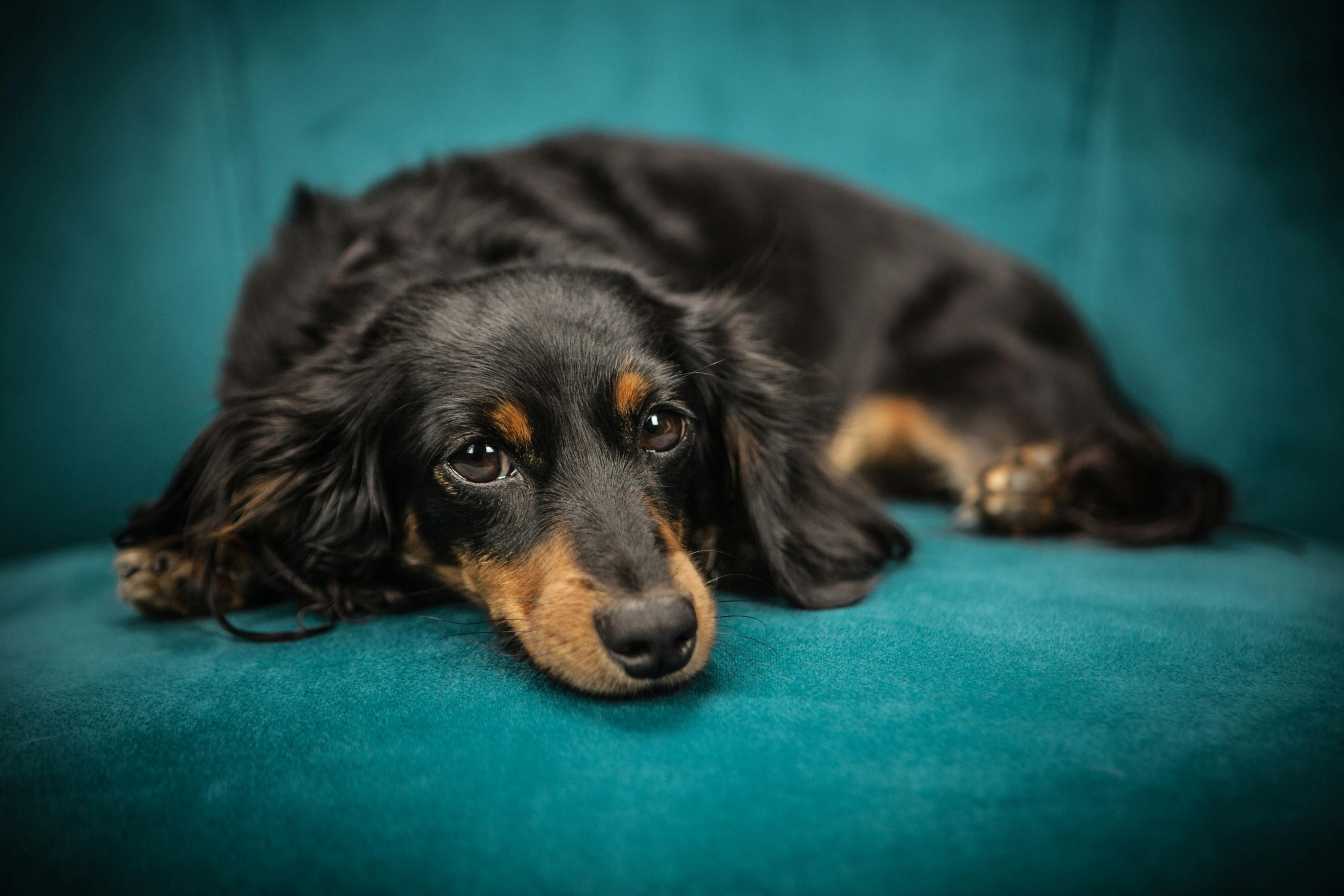
Conclusion
After dogs mate, it is important to provide them with a calm and restful environment. Consider the possibility of pregnancy and consult with a veterinarian if needed. Pay attention to the health of both dogs and schedule a veterinary check-up to address any issues. Follow responsible breeding practices if you are intentionally breeding dogs. By taking these steps, you can ensure the well-being of the dogs involved and promote responsible dog breeding practices.
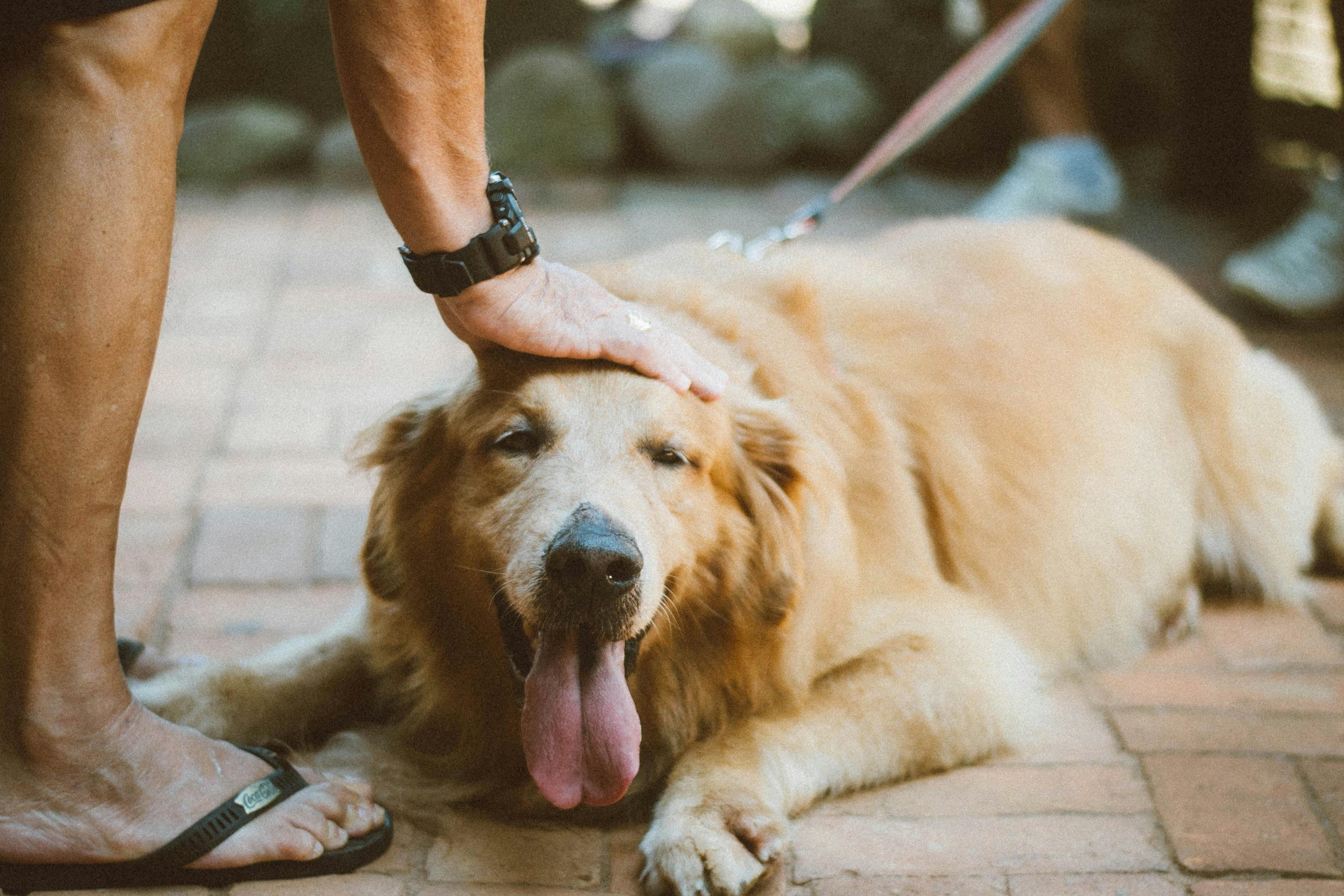
Leave a Reply